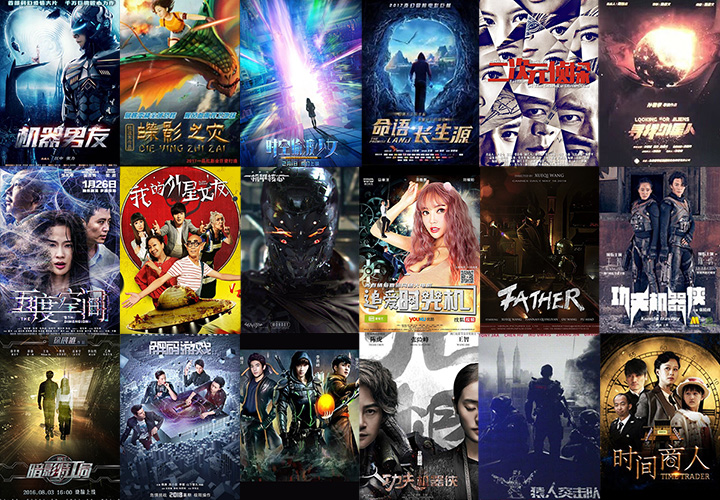Here’s a look at the rich history of Kehuan cinema, currently being eclipsed by the hype around “The Wandering Earth.”
In the 18th and 19th centuries, when exploration was a hobby of the British upper classes, you’d regularly hear about the discovery of Brand New Civilizations — as though indigenous people’s generational histories did not pop into existence until someone with a pith helmet and a camera stumbled into the clearing. I had my own “Dr. Livingstone Presuming” moment this week, when I began to read headlines in such stalwarts of the British press as the Financial Times (as well as digital newcomers like The Verge) stating that the just-released film adaptation of The Wandering Earth marked China’s first tentative foray into sci-fi cinema, before scuttling back and forth between comparisons with contemporary American blockbusters and classic American sci-fi quicker than you can say “White Gaze Genesis.”
Three years ago, I began to give talks delivering a potted history of Kehuan (Chinese science fiction) and its significant contemporary developments. Many in the audience were thrilled to discover that Kehuan even existed. With the attention that Hugo Award winners Liu Cixin and Hao Jingfang brought to the genre, several novels and anthologies have since been published in translation in the West, with more on their way this year. I’ve subsequently been able to translate some new works into English, happy in the knowledge that Western readers were finally getting to know Kehuan, and that in a few years time, they may even get over their sense of novelty and be able to discuss these works purely on their own merits, as they do with other countries’ sci-fi.
Even with the growth in popularity of genre fiction and sci-fi around the world, readers are still only a small section of the general public, and readers of Chinese SF are a microcosm within a microcosm. However, when an influential book is made into a successful film, it becomes a loud voice breaking into the attention span of the general entertainment-seeking public. In the wake of The Wandering Earth‘s widespread recognition, I find myself on guardian duty again: defending history and works that risk disappearing in the swell of fresh interest, debunking this “White Gaze Genesis” approach to covering Chinese culture, and opening a portal to China’s tradition of science fiction cinema. Read the full article on RADII.
– This article originally appeared on radiichina.com






